This article previously appeared on Crossfader
Exploring the arbitrary nature of good and evil through fiction is far from a novel concept. Frankly, it’s what humans have done for millennia. However, implementing morality as a narrative device, particularly by subjecting audiences to different vantage points on the spectrum, is a much newer beast, one that has made a substantial impact on the face of modern gaming. Despite roots as a niche trait in mid-2000s RPGs, focalizing morality as a means of driving game narrative has become so heavily conflated with mechanical concepts like “player choice” and “branching paths” that its use now spans nearly every genre, from stealth games to puzzlers.
Yet becoming one of the more marketable and generally well-received tropes of modern gaming doesn’t mean morality systems are without their share of shortcomings. Their implementation is far from perfect, and often comes with prescriptive caveats to their developers’ “play how you want” spiel. Many games fail to define the player character by their choices, merely using a final tally of virtue points to decide which final cutscene you get. Others, like Dontnod’s new action-RPG VAMPYR, present a more robust exploration of the “evil” side of morality, despite its existence seeming only to qualify the “good.”
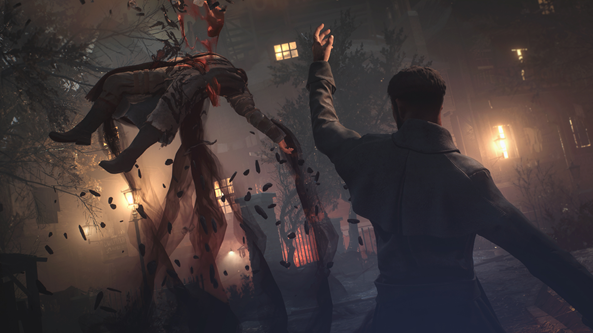
Kind of like this, actually
Having played through VAMPYR twice to explore both completely good and completely evil playthroughs, it became evident that my choices did little in the way of distinguishing the narrative experience, or really even the gameplay. In concept, VAMPYR’s morality system and its tie to combat is pretty smart. Following RPG tradition, player character Dr. Jonathan Reid can level up abilities by accumulating XP, which can be done in two ways. The Good Method is to simply play the game, fighting enemies and completing quests that yield pathetic amounts of XP; you’ll be weaker for it, but the good people of London will be spared from your appetite.
The Bad Method is to drink the blood of citizens you come across for massive gains. The XP these characters yield is largely dependent on their importance to their respective community, and if enough citizens are axed in a location, chaos ensues. The only thing stopping you from devouring an entire neighborhood from the word “go” is that each character requires a certain level of Mesmerism in order to feed from, a skill which is only upgraded through story progression.
However, VAMPYR’s call to darkness is beleaguered by obstruction. One key component of the game revolves around Dr. Reid crafting medication in order to help weary Londoners deal with various ailments, from sepsis to fatigue. And while this shouldn’t concern you as an evil character, you only gain their full XP value after you take care of them. Combined with the need to learn about your victim through dialogue trees and running errands to raise their worth, and you have a system that actively aims to deter and frustrate those blackest of heart.
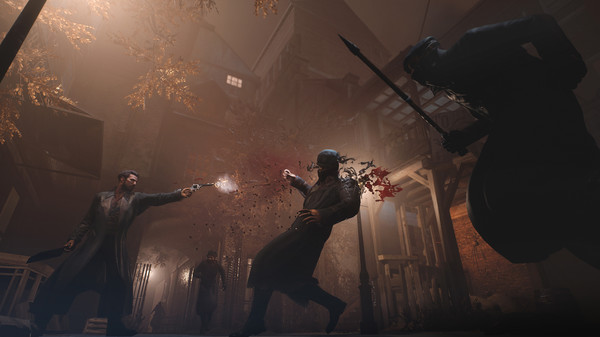
These nameless thugs suffer because of Little Timmy’s gout
It’s easy to see why VAMPYR makes evil players jump through hoops from a narrative standpoint. The game wants its players to become emotionally invested in their would-be victims, fleshing out their existence by forcing prolonged interaction. This is so that when it comes time to perform your evil act, you second-guess yourself, and the weight of performing an irreversible decision creates a tumultuous impact on the other side of the screen.
But VAMPYR elicits less a fear of committing an atrocity and the moralistic consequences, and more just a logistic hassle to even bother with “bad” choices in the first place. You’re already required to act benevolently to progress the story, so what’s the point of a heel turn at the last second? VAMPYR effectively railroads players into being the good samaritan and nannying every character’s needs, even if all you want is to embrace your existence as a creature of the night.
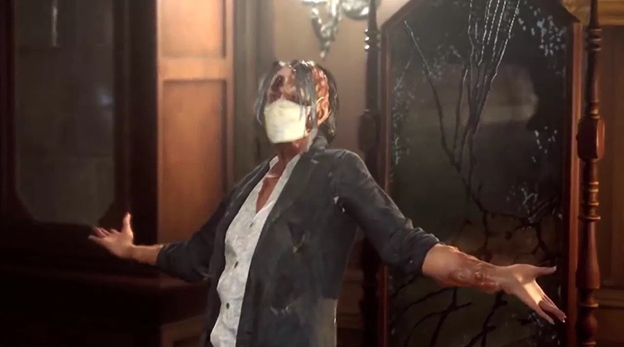
Me, expecting nuance in a game about plagues and sexy vampires
As private research and metrics from studios like Telltale Games posit, players and developers alike share a natural inclination to “be the hero” of their own stories, with traits like altruism having been ingrained into us on an evolutionary and societal level. No one actively wants to be a bad person in reality, and seeing a flawed character overcome hardship and be rewarded is much more alluring to people than seeing that same character fall to temptation and cause suffering to themselves or others. And so developers insert that mentality into the moral choices within their games, presenting the evil option as simply another temptation to overcome, a means to give players the satisfaction of choosing being good. But giving the narrative equivalent of brownie points kind of goes against the point of utilizing morality at all, and does a disservice to the potential depth of the medium. In fact, it kind of renders the notion that your choices have any bearing on what appears on screen pointless.
As pretentious as it sounds, games really do have the capacity to be some of the most impactful means for approaching moralistic storytelling. Juxtaposed against film and literature, games can utilize their inherent trait of active participation to directly involve players in dilemmas, diminishing the psychological disconnect associated with other mediums and making said players invest more into their decision making. And the impact, whether it be choosing the lesser of two evils or trying to embody the hero we want to be, hits home a lot harder than it otherwise would.
And there are definitely games that manage to take full advantage of their medium to create experiences that handle morality and choice masterfully. UNDERTALE, for all its memetic following, has one of the strongest uses of ludonarrative (how gameplay and story interact) I’ve ever experienced. Not only does the game present distinct shifts when embracing a more pacifistic or a purely genocidal playstyle, but it incorporates every choice you make integral to the experience, even dubious ones you think you can rectify by reloading your save file.The game will always remember your actions, reminding you of your decisions and making you ruminate on your decisions despite being able to change them by opening a previous save file.
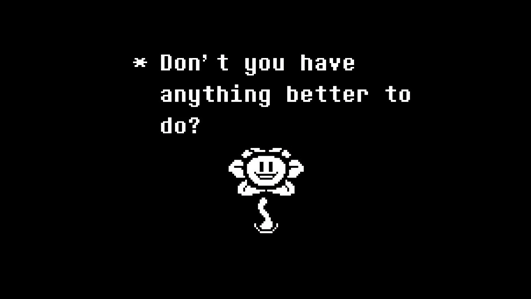
Plus it pulls stuff like this
Other games, like THIS WAR OF MINE and LISA: THE PAINFUL, likewise utilize morality very well, though in a less conventional way. Both present narratives whose focal points are of pain and suffering; there are no “good” choices to make, only ones that make you choose between your pain or the pain of others. Do you steal food from a starving family to keep yourself alive? Do you let someone cut off your arm or have your companions die instead? These games dare to present no-win scenarios, actually tough moral decisions that allow for self-reflection. They take risks, knowing that it will upset most to not be “the savior,” but elicits an authentic reaction that sticks to both the story and the person experiencing it.
At the end of the day, my issue with VAMPYR and games like it amounts to a lack of authenticity in their moral decisions (strange, considering their last game ended with one whammy of a Sophie’s Choice). While presenting opportunities for kindness to players is fine as a concept, creating artificial options just to let players pat themselves on the back for being a good person is disingenuous and ruins the point of its inclusion. If more games were to take actual risks in their storytelling, presenting moral choice in a way that doesn’t revolve around self-congratulatory heroism, them perhaps games could tell stronger stories and weigh deeper on our conscience.








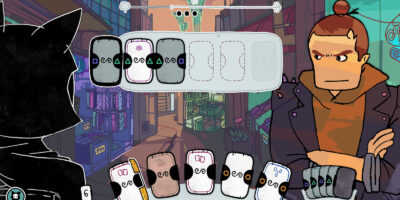



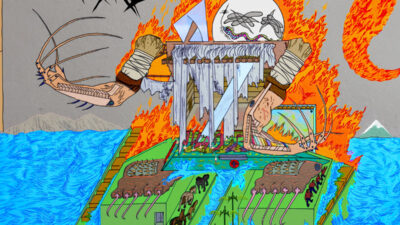



Comments